His is perhaps the most popular face in the Indian web space right now. And just like the medium he occupies, he is at the beginning. Actor Naveen Kasturia (pic courtesy: Aalok Soni) has that “everyman drifter” gait, not unlike those that populate series like Silicon Valley and The Office.
Which is why it may be no coincidence that this young ex-engineer has achieved his fame through the desi versions of such shows. After appearing in Newton director Amit Masurkar’s first film, a slacker indie named Sulemani Keeda, Kasturia became part of the digital revolution by headlining cult web-show, the TVF Pitchers — and it might be nice to imagine that he has never looked back since.
But he does look back, just like we do.
Here, in a long, heartfelt chat with Abhishek Gautam, we get a closer look at the restlessness and ambition of Naveen Kasturia:
How did you enter films?
NK: I’m from Delhi. Even in my school days I was very actively involved in skits. I think I wrote my first skit when I was in sixth grade. I was always fascinated by films. When I was in eleventh and twelfth grade, I didn’t really think of becoming an actor. At that time engineering was the most obvious choice; everybody was doing it and mathematics was my favourite subject. I was also enjoying physics. So naturally, I was preparing for IIT. I didn’t get through, but I studied engineering from NSIT Delhi. I told my father I would love to stay connected to this field because I enjoyed doing plays. I even won a Best Director award in one of the competitions. Then I started working after college. And — I got bored.
I think that was the only reason. The job didn’t satisfy me. A lot of people say it your passion and calling. I enjoyed doing it, but it was not my life. I used to think I should come to Bombay and try my hand at films, because I was writing in college. I took my time. I was also working in the U.K for a while, so things got delayed. It took me a while to convince my parents. Eventually I moved to Bombay. My plan was to come here and start directing in 6-8 months. I didn’t know anything about this city. I didn’t have a single friend, forget relatives. I just thought I’d land a directing gig because I’m good at it.
I met some people through my colleague in J.P. Morgan. He was an actor. He told me to make a resume, and not go at it like a normal struggler. I deliberately didn’t put down any theatre background, because I thought every other person would have that. So I just wrote about my qualifications and my work experience. The person I eventually met in Vishesh films enquired about the fact that I’d left engineering and a decent job to do this — I think this attracted them. They were also looking for an Assistant Director at that point. I told them money is not a concern. I just wanted to work and learn. I had gone to other offices too, but somehow with Vishesh films it just clicked — and then I joined them after three months in Bombay.
I kept on working as an AD because I wanted to make a film. I worked with Dibakar (Banerjee) too. Then I wrote a script, and thought the time had come for me to direct. I started pitching my film. It never got made. Lot of people read it. Most of the people I could approach were also struggling to make a film, too: a lot of independent filmmakers. I had met Amit (Masurkar) during LSD (Love Sex aur Dhoka). We had become friends. He used to tell me to act more. I was living with actors at that point. I would go for auditions once in a while. So Amit came up with this idea that he was planning to make a film based on two writers (Sulemani Keeda). This was in December, 2010. I was in Delhi, when he called me up and narrated an incident. He said that he had gone to a bookshop, and he probably was discretely checking out girls — I don’t know what was he doing — so he thought of this scene in which two writers have come to a bookshop to get inspiration but instead they end up checking out girls.
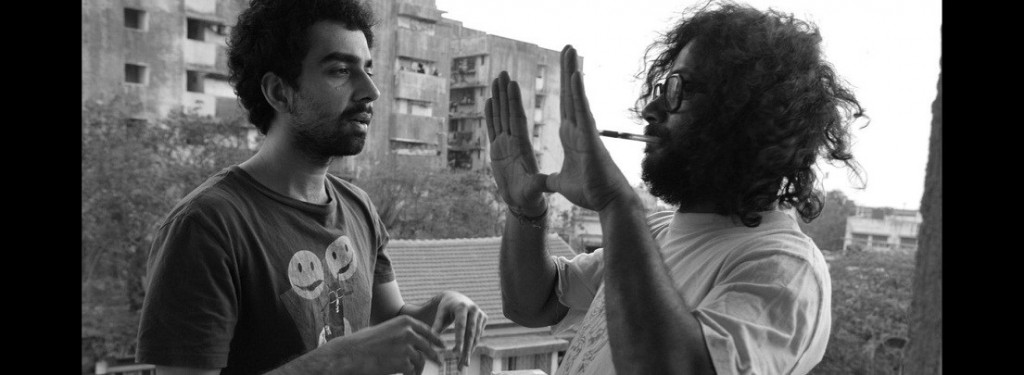
To be honest, Amit and I would often do this in real life. Both of us were writers trying to make our films. So we were “experienced” in that manner. An actor in this film? Why not, I thought. I wasn’t too serious about it. I never thought of becoming an actor because I was never really confident about it. Everybody in Bombay is there to be an actor, and I felt like I didn’t want to be part of that race. I thought: I’m an intellectual guy, I should make films, I can research, I can work hard and make stories.
Sulemani Keeda didn’t happen for the longest time. Eventually he said, “Fuck everybody else. We’re going to make it ourselves”. We were thinking of shooting two scenes every Sunday or Saturday, and probably complete our film in 5-6 months. But then I got a commercial in the middle and I had to cut my hair. Amit got scared; we had to now finish it in one schedule. I also needed the money. I was on set when I said yes to the ad. I was often selected to play the formal guy, and I had curly, longer hair at that point. We had shot two scenes by then and were showing it to people. Somehow, somebody liked it and funded it.
But that film made me an actor in my head. It took us a long time to release the film. At the same time, Viral Fever (TVF) also happened in 2012. We shot Rowdies. I was just randomly selected to be part of that. Arunabh (Kumar) didn’t know anything about my acting skills. He probably just felt that in a group of ugly people, I was the maybe better looking person. He thought I should play Rannvijay Singh. I had no idea about Rannvijay. I hadn’t followed Roadies. The guy who played Raghu – Deepak Mishra, it was his show — was great fun. That sketch got really popular and every once on a while a few people would recognize me on the streets. “Hey I’m stunned, I’m stunned,” they’d go, mimicking my only few lines from the video. I liked that. Keeda took a while to come out, but nothing much happened. I had plenty of time to think about acting in between. We then shot TVF Pitchers in 2015, April – July. And Pitchers is what actually changed the game for me. It made me a better known actor. A few more people approached me for work.
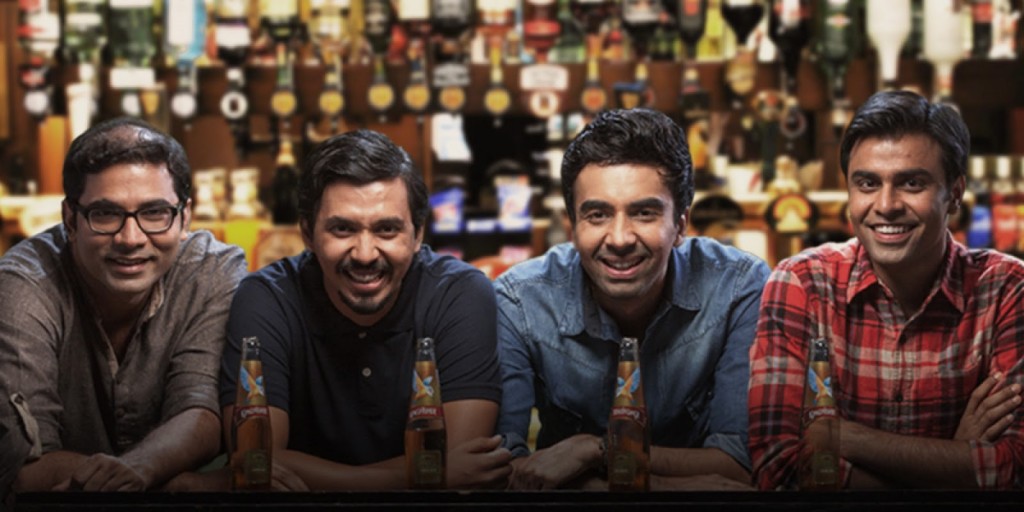
Post Pitchers, how did you decide about what to work on next?
When Pitchers happened, I didn’t know that it was going to get so famous. I wanted to do it because I really liked the idea and I also didn’t have many options. My people were making it. I knew Biswapati Sarkar and Arunabh, and I really trusted them. It got really popular. I remember when we were invited to BITS Goa in August that year. The last episode came out and I saw the response. There were bigger people there. Celebrities. I was in awe of them. And people were crazy for us. We were travelling to colleges and that response the moment people would look at us — it made me feel that we might have created something that could be path breaking. The show was important to people. In my head, I had decided not to drop a level after this.
But nothing of that sort came along. Pitchers 2 was not happening. In the middle I came across a few short film scripts, which I did. In 2016, I didn’t really do much. I earned money through ads. I then realized I’d have to take my chances. I’d have to do projects which might not look very appealing. Because I’m no Aamir Khan. The best scripts are not going to come to me. Pitchers happened; I should be grateful to God.
Last year, I worked on three films. I don’t know how they will turn out. I’m waiting for them to release. Pitchers 2 should also happen this year. I did the ALTBalaji web series, Bose, last year. When I was approached for Bose, I was excited. It was a central character, and a big show. The names: Rajkummar Rao, Hansal Mehta. And Ekta Kapoor producing a period drama. More than my part, it was the script on paper that I really loved. We were creating a new world. I could visualize it. Most of the web-shows that happened post pitchers were all sex comedies about youngsters. I didn’t expect a Netflix, but Bose felt like something new. The shooting experience was great. I’m glad I did it.
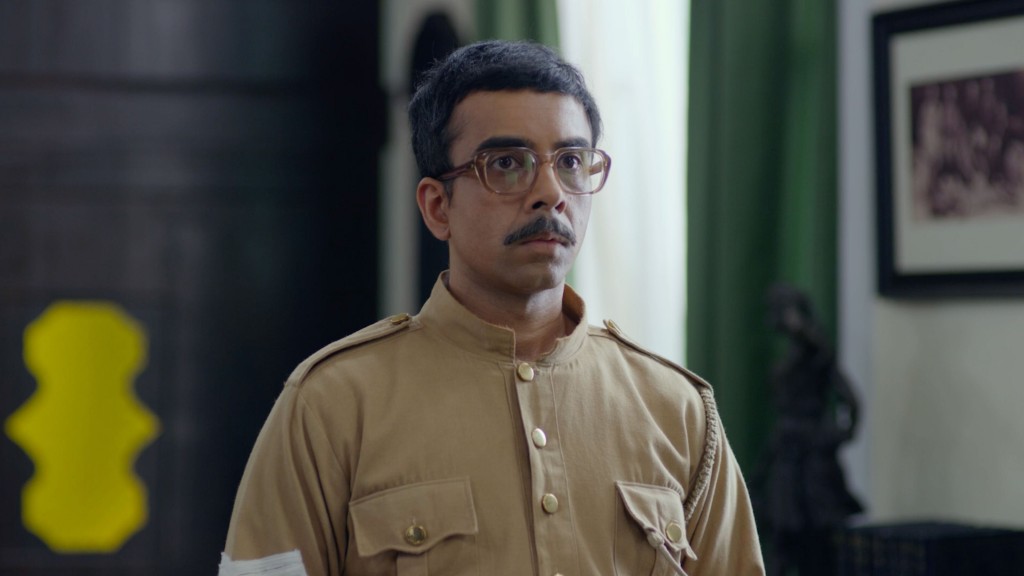
What do you think about the changes in the digital space content since Pitchers?
The thing with digital is that now more people can tell stories. I remember when making a film was a huge task. It still is, because you have to convince so many people. But perhaps the challenges are a little smaller now. It helps that we know and meet more people in the space. If I write something now, the chances of it getting made are higher. Even for somebody who is absolutely new, anyone can start a channel and make content. In that sense, the democratization of content is good. Everybody has a different upbringing, different sensibilities, different choices. So people are going to make things which you might not like. That will always be the case.
Of course cinema generally caters to the masses in this country. Whatever is made for the masses will tend to be a little average in terms of quality. If you release the Netflix or Amazon shows in theatres, I don’t think they will make 500 crores. But at least these stories are getting told now. We can choose to watch them on merit, and not because of the hype and publicity. There are no excuses for the storytellers.
And we have to be patient about it because it’s still a new thing in India. I still believe that Pitchers gave credibility to this medium, because it was made with a lot of sincerity. Now Netflix and Amazon have come to India. If they are investing in a product, it has to be a good product. It betters the landscape. It’s still early days though, which is why we see a lot of misses online too. I really enjoyed Better Life Foundation. It’s a proper youtube show. It’s not on any other channel. We haven’t yet reached the full-blown 40-50 minute-10 episodes stage. Amazon’s Inside Edge was one of the first in that context. The right investors help a lot. Excel is making another show called Made in Heaven. Lot of filmmakers are going to go this way because there is less censorship. There is (arguably) more freedom.
Is there competition for film makers in the digital space?
The primary form of entertainment for the regular 9-to-5 Indian has always been films. Their focus is now shifting to digital platforms, not because of the content we are creating, but mainly because of the content that is being produced abroad. If viewers have invested 10 hours a week into a show, they might not go to see their weekend movie. A couple would rather binge-watch an entire show together. They don’t need to leave their houses either. So in that sense it’s going to change the game for feature filmmakers. They will have to work harder. And smarter. They will have to think little more. I was reading somewhere that eventually only event films are going to work on the big screens. People are not going to go to the theatre to watch stories. They are going to just enjoy themselves. For instance, Tiger Zinda Hai is an event film. Naturally it did well. We (Indians) love entertainment. We have not been able to provide good entertainment to our people for a while. That’s why bad films have been doing well. But now, with more stories online, people are exposed to the chasm in quality. I’ve also heard that footfalls have reduced in theatres this year, inspite of increasing ticket prices. Digital, I suspect, has a role to play in that.
As an established actor, is it easier to get more characters now in this fledging digital space?
There is a lot of work. Yes. But it depends on what you want to do. Initially I was looking for good scripts. Now I want to be part of projects where I can enjoy myself. So I’m looking for those scripts, directors and production houses. I don’t think I’ve established myself. Pitchers is still my identity. I have a long way to go. I want to do feature films. I really enjoyed watching myself on the big screen in Sulemani Keeda. I really want to experience that again. But if I have to do good work, I’ll have to be patient. If I’ve to just work, the choices are infinite.
How do you plan to transition from being a digital specialist to films?
People think that I work for The Viral Fever, which is a weird thing. I don’t think any actor in the world would try to limit themselves. I’m not an employee of any company. I’m an actor. But because the show got popular, such is the perception. Recently I was about to work on a film, when the director felt that “he has worked only in the digital medium, would he be…?” I actually don’t know what that means. I started with a feature film only; unfortunately that director hasn’t seen the feature film. People think like that. It cannot be helped. Making a film at the end of the day is a business — even for the web — and the people making that film are very cautious. They like to go with safer things that have worked. They are right in their heads. They’re investing money. This is the riskiest art form.
That’s why I believe I’ve not really established myself. It’s not that people are dying to work with me. There is recognition, there is respect, but I still don’t think I know acting. I think many actors are privileged because writers work so hard. The maker, the editing, the music play a large part. I think my Pitchers “speech” had a huge role in making me whatever I am. It had that kind of timely impact. People got really emotional while watching it. Coming back to your question, people have that perception right now because it’s only the beginning. I’m not part of any Amazon or Netflix show yet. The established film stars are beginning to monopolize that circle. Big names like Nawazuddin and Saif are doing those shows.
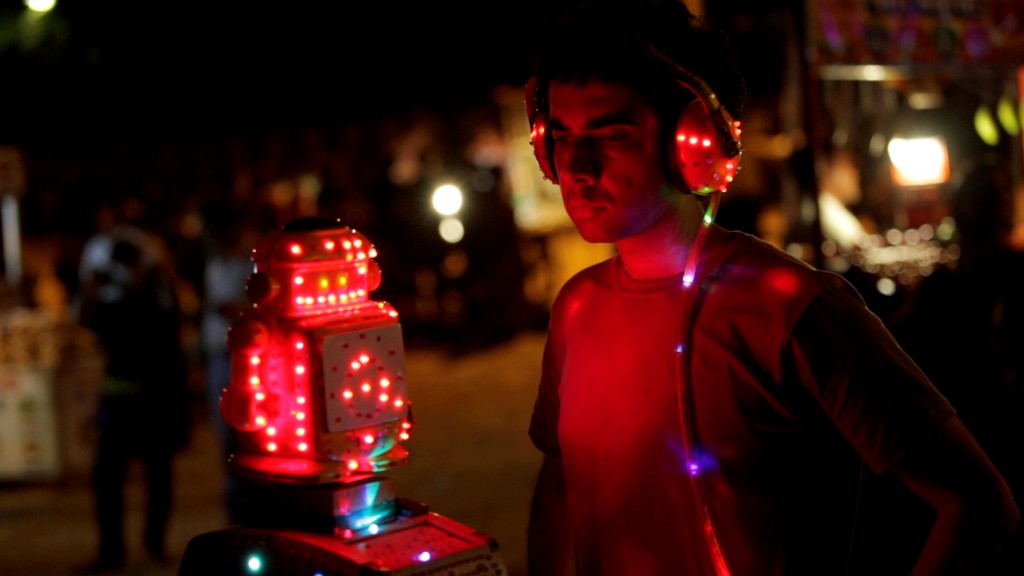
Still planning to direct?
It comes to my mind a lot, but I have become very lazy. Somehow I still believe that I will eventually get back to it because I’m trying to do things. Last year I was busy earning money. Now I’m also being more patient because I know Pitchers 2 is going to happen, and I’ve heard the first episode and I’ve loved it. So I know I don’t have to worry too much. I don’t need to compromise. And post Pitchers 2, if I don’t get anything, I might think about it again. I sometimes think that I should get back to writing. But I have to come out of my comfort zone for that. This sort of laziness is easy when you are an actor. You go on set, you’re the most important person there. People respect you. But you’re acting! You’re really lucky. Writing, in contrast, is a very lonely job. You have to sit alone, work hard. There is a possibility that you work for a month and you’re not happy and you just start again. It’s such a long process. It requires a lot of hard work, and there is no glamour in it either.
Acting is hard work, too, isn’t it? Preparing for a character can be hard.
It has not happened yet, so I don’t know about it. When you watch somebody like Vineet Singh in Mukkabaaz, you’re in awe. That’s another level altogether. I have not done anything like that. Pitchers was a version of me. For Bose, I didn’t really have to. I just landed on set and it happened. I didn’t prepare much. I didn’t have the time. I was busy with something else. There was no workshop. I think everybody was unsure in the beginning. I had never spoken in that accent. I didn’t know anybody who comes form that belt. But it happened and got a mixed response. A friend of mine said, “no, it looked fake and all”. When you’re on set, you’re trying your best. But I’ve not been approached for a part in which I’ve had to work my butt off.
Do you have a dream role?
When I saw Nightcrawler, I thought somebody should make this with me. Then when I saw Master of None, I felt somebody should make that with me. My dream is to just continue doing this forever. I want to be a part of films. I want to be on set acting. I want to be busy. Like last year. I shot a film, then I shot a film, then I shot a film, then I did a web-show, and then I went for another web-show. I was enjoying that process. I don’t know if eventually I’m going to get bored of that process, I want it. I want to be happy with the kind of work I’m doing. I think there are very few people who are in that position right now. Aamir Khan gives his all to something he chooses. He is all about the process. That is the game. You will get something and you will have to create something out of it. People like Pankaj Tripathi and Rajkumar Rao — they came from nowhere and you look upto them. They’ve worked so hard. For instance, this guy: Vineet Singh. I’ve know him since 2008, and he’s created things for himself. He has worked on his talent. I say it’s a directors medium, but for Mukkabaaz I cant say it’s only the director’s work. Vineet contributed in a huge way. These guys inspire you. I saw Mukkabaaz and am now trying to be more regular in the gym. I’m trying to be more disciplined this year. When I don’t work, I just don’t care about anything. I’m not meeting people, I’m not asking for work. I should be doing that a little more.
Do you have any regrets, like maybe getting into the field earlier?
Sometimes, I think that. But it’s fine. I was never a very career driven person. I came to Bombay because I was bored. If I can enjoy every single moment of my life, it’s all I need. I’ve been miserable too, when I was trying to make a film and it wasn’t happening. I didn’t have a lot of money at that point. I was short on confidence, I still am. But it has turned out O.K. It’s normal to be thinking that way. I got to work with Dibakar Banerjee. I worked with Mahesh Bhatt. I don’t know if they might remember me now. I also worked with an Oscar winning filmmaker named Danis Tanovic. He made a film in India in 2013, called Tigers. It never came out. I’m working for these experiences. It’s like when you travel and when you read — it’s not only to attain anything. Honestly, I don’t have any agenda.
What about the trade-off between doing what you enjoy and doing something for sustenance?
The good part is you’re acting and you’re being paid for it. Money is important. Money is what makes you afford the travel, the food and the clothes without worrying too much. You can visit your family whenever you want. But I never wanted to own 5 bungalows or buy a helicopter. I don’t have that kind of ambition right now. Right now it’s about basic money. If I organically reach there and I buy bigger things then it’s great, but that’s not my sole aim. I would love to have a pretty wife one day too, but that is again for the experience. That sounds weird actually, but living with somebody is an experience. By “pretty,” I mean compatible and a friend. But they are personal goals. Career-wise, I don’t do any more Sulemani Keedas. I don’t work for free. It’s also because I’ve not come across a fantastic script which I would do for no money. It’s always like that: either money is what drives you or it’s something else.

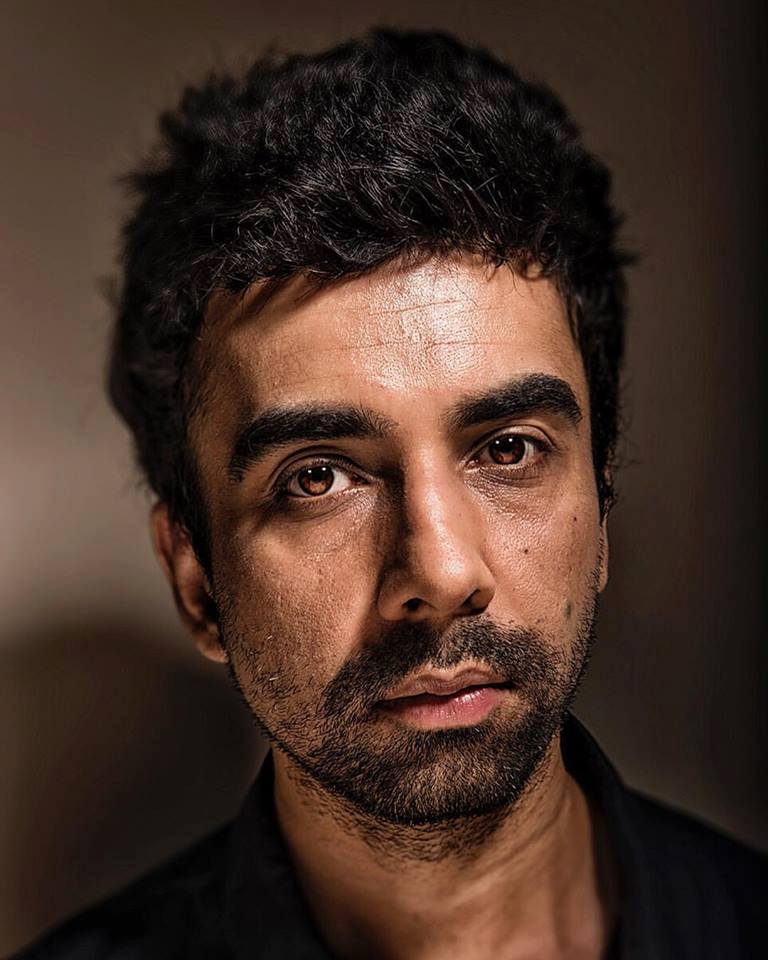

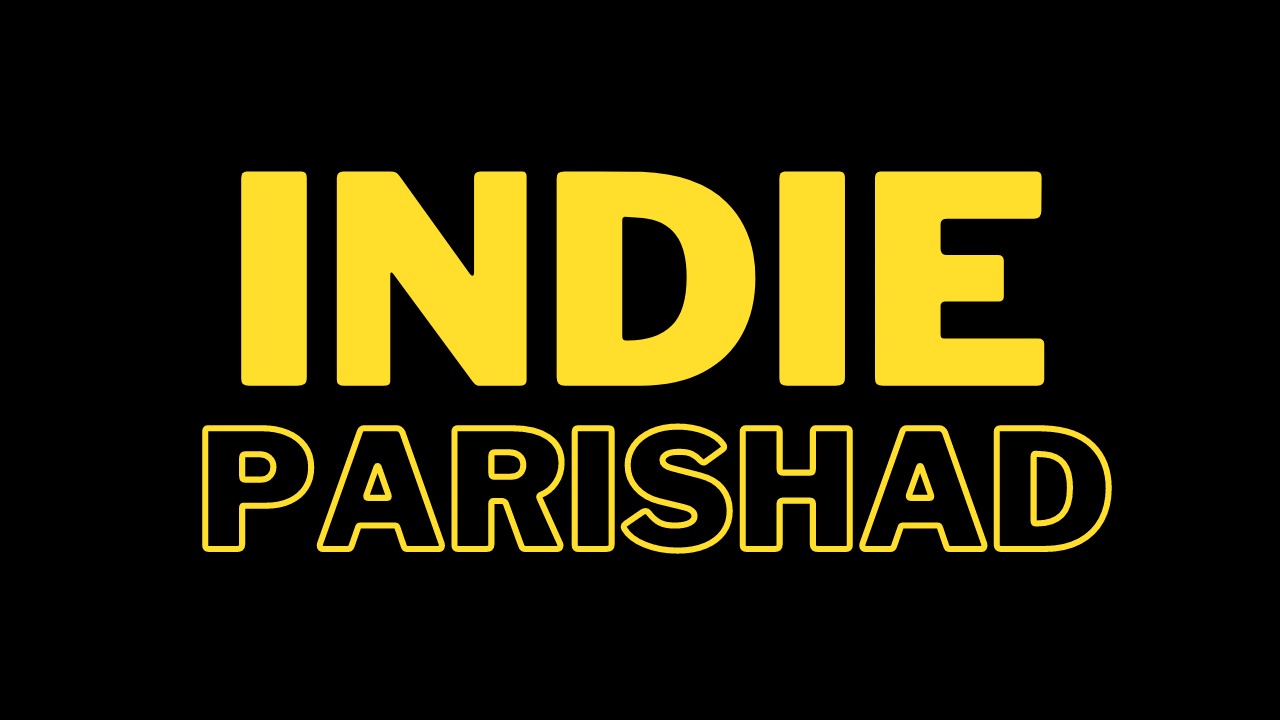
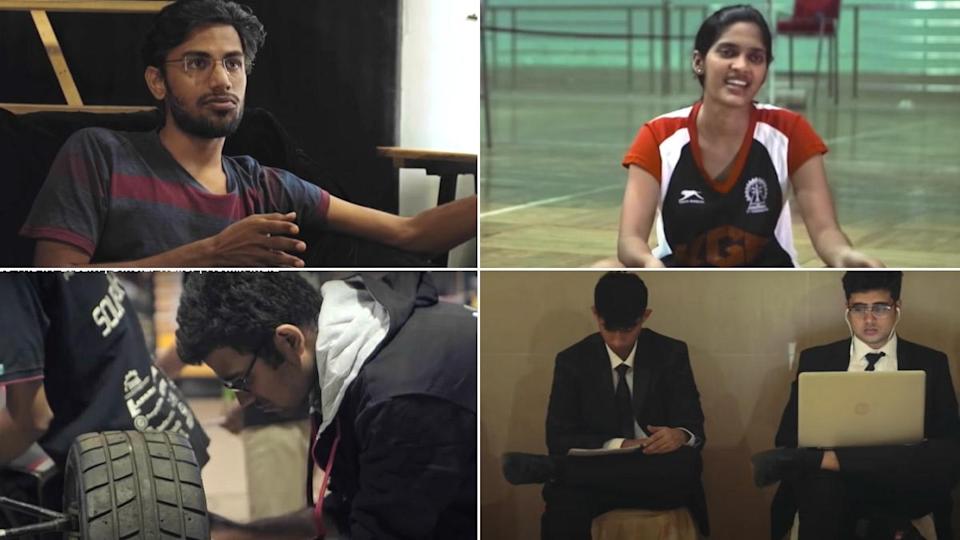
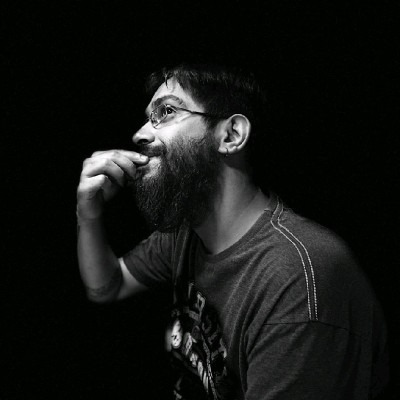



Leave A Comment
You must be logged in to post a comment.